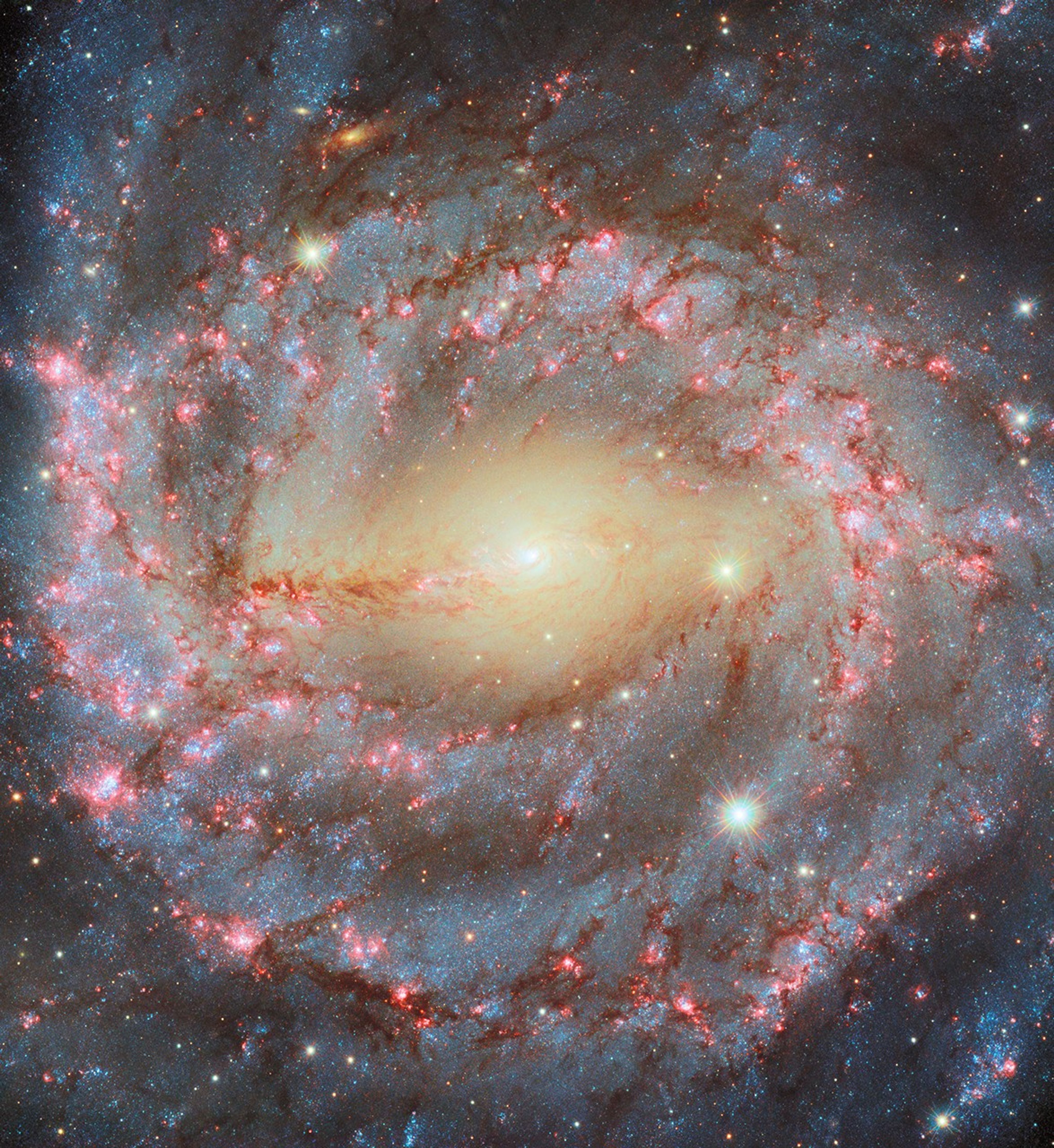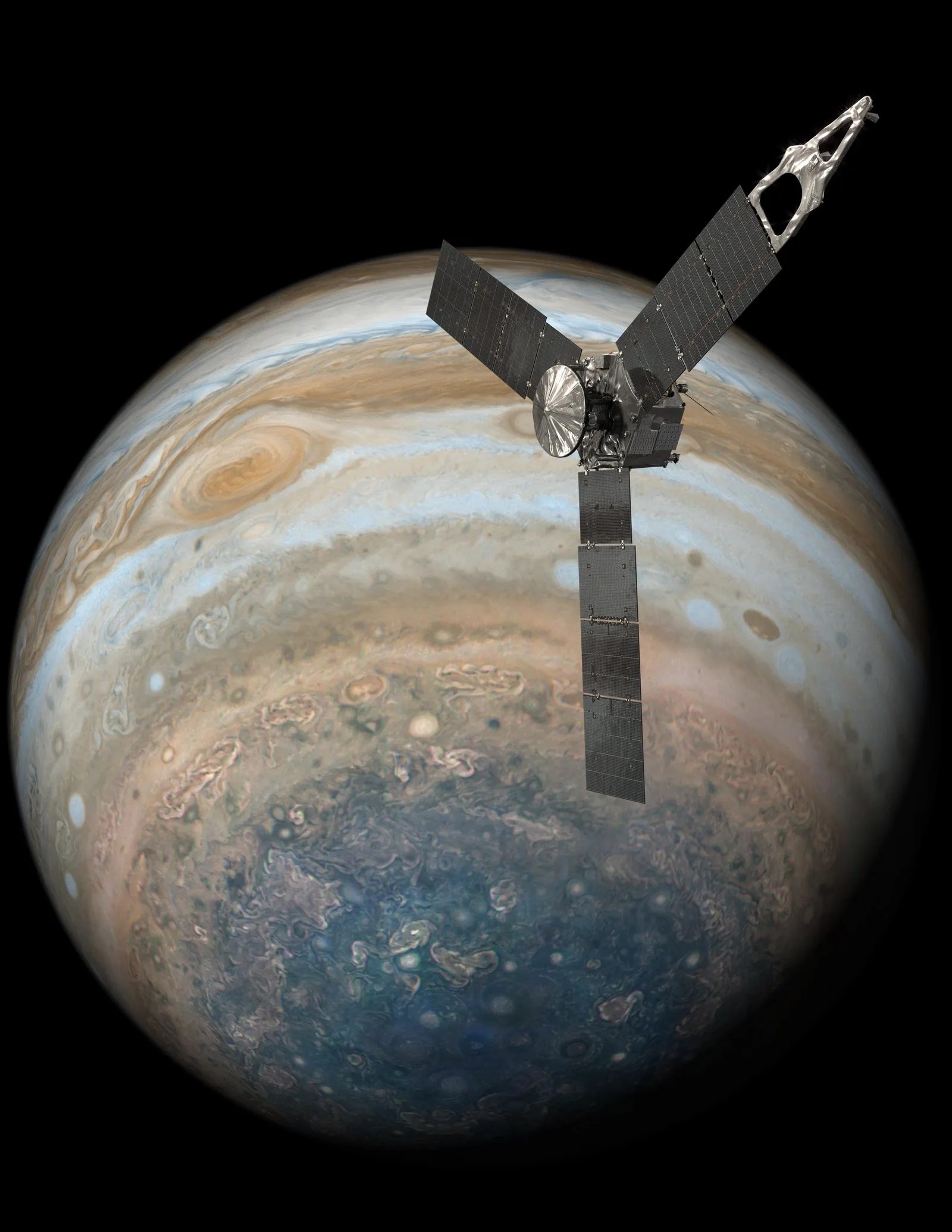Research Opportunities in Space and Earth Science (ROSES)-2024 Released
NASA's Science Mission Directorate (SMD) announces the release of its annual omnibus solicitation for basic and applied research, Research Opportunities in Space and Earth Science (ROSES) 2024 as NNH24ZDA001N on or about February 14, 2024, at https://solicitation.nasaprs.com/ROSES2024
ROSES is an omnibus solicitation, with many individual program elements, each with its own due dates and topics. Table 2 and Table 3 of this NRA, which will be posted at https://solicitation.nasaprs.com/ROSES2024table2 and https://solicitation.nasaprs.com/ROSES2024table3, respectively, provide proposal due dates and hypertext links to descriptions of the solicited program elements in the Appendices of this NRA. Together, these program elements cover the wide range of basic and applied supporting research and technology in space and Earth sciences supported by SMD.
ROSES NRA may result in grants, cooperative agreements, and inter- or intra-agency transfers, depending on the nature of the work proposed, the proposing organization, and/or program requirements. At the time of release of ROSES, we anticipate that all awards to non-governmental organizations will be federal assistance awards, and most program elements of ROSES specify grants. Unless specifically permitted by a particular program element, ROSES will not result in contracts because it would not be appropriate for the nature of the work solicited.
Except for China (see Section III.c of the ROSES Summary of Solicitation and the ROSES PRC FAQ), organizations of every type, domestic and foreign, Government and private, for profit and not-for-profit, may submit proposals without restriction on teaming arrangements. Research involving non-U.S. organizations must be no exchange of funds, see https://science.nasa.gov/researchers/sara/faqs#14
Awards range from under $100K per year for focused, limited efforts (e.g., data analysis) to more than $1M per year for extensive activities (e.g., development of hardware for science experiments and/or flight). Periods of performance are typically three years, but some programs may allow up to five years and others specify shorter periods.
The funds available and the anticipated number of awards are given in each program element and range from less than one to several million dollars, which allows for selection from a few to as many as several dozen proposals.
Electronic submission of proposals is required by the respective due dates for each program element and must be submitted by an authorized official of the proposing organization. Electronic proposals may be submitted via the NASA proposal data system NSPIRES or via Grants.gov.
Every organization that intends to submit a proposal in response to ROSES-2024 must be registered with NSPIRES; organizations that intend to submit proposals via Grants.gov must be registered with Grants.gov, in addition to being registered with NSPIRES. Such registration must identify the authorized organizational representative(s) (AOR) who will submit the electronic proposal. All proposal team members must be registered in NSPIRES regardless of the submission system, so we may perform automatic organizational conflict of interest checking of reviewers. Potential proposers and proposing organizations are urged to access the system(s) well in advance of the proposal due date(s) of interest to familiarize themselves with its structure and to enter the requested information.
Potential proposers are strongly encouraged to read Section I(d) of the ROSES Summary of Solicitation and ROSES-24 FAQ#1 that list significant changes prior ROSES.
To learn of the addition of new program elements and all amendments to this NRA, proposers may:
- Subscribe to the SMD mailing lists (by logging in at http://nspires.nasaprs.com/ and checking the appropriate boxes under "Account Management" and "Email Subscriptions");
- Get automatic updates of due dates using the ROSES-2024 due date Google calendar. Instructions will be available shortly after release at https://science.nasa.gov/researchers/sara/library-and-useful-links (link from the words due date calendar);
- and checking this ROSES-2024 Blog at https://science.nasa.gov/researchers/solicitations/roses-2024/
Frequently asked questions about ROSES-2024 will be posted at http://science.nasa.gov/researchers/sara/faqs/ shortly after release.
Questions concerning the individual program elements in ROSES should be directed to the point(s) of contact in the Summary Table of Key Information at the end of the program element and at http://science.nasa.gov/researchers/sara/program-officers-list/.
Subject matter experts are encouraged to sign up to be a volunteer reviewer at https://science.nasa.gov/researchers/volunteer-review-panels
Questions concerning general ROSES-2024 policies and procedures may be directed to Max Bernstein, Lead for Research, Science Mission Directorate, at sara@nasa.gov.







